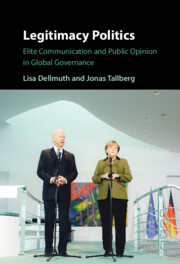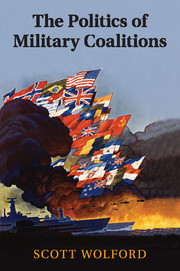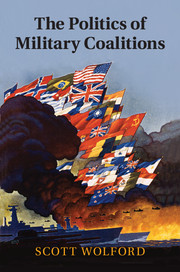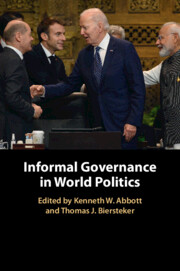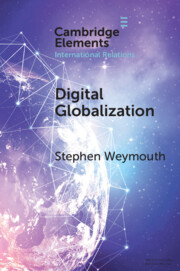Legitimacy Politics
Once staunch advocates of international cooperation, political elites are increasingly divided over the merits of global governance. Populist leaders attack international organizations for undermining national democracy, while mainstream politicians defend their importance for solving transboundary problems. Bridging international relations, comparative politics, and cognitive psychology, Lisa Dellmuth and Jonas Tallberg explore whether, when, and why elite communication shapes the popular legitimacy of international organizations. Based on novel theory, experimental methods, and comparative evidence, they show that elites are influential in shaping how citizens perceive global governance and explain why some elites and messages are more effective than others. The book offers fresh insights into major issues of our day, such as the rise of populism, the power of communication, the backlash against global governance, and the relationship between citizens and elites. It will be of interest to scholars and students of international organisations, and experimental and survey research methods.
- Focuses on how such elite contestation shapes the legitimacy of global governance in the eyes of citizens
- Based on a comparative experimental design, involving survey experiments in multiple countries in relation to multiple international organizations
- Appeals to a broad transdisciplinary audience
Reviews & endorsements
‘Lisa Dellmuth and Jonas Tallberg provide in Legitimacy Politics the most comprehensive and differentiated account of elite communication and beliefs about International Organizations. It shows recent trends, establishes the importance of elite messages, and shows under which conditions they matter most. The book is a must for those interested in the future of global governance, but also in the field of legitimacy and legitimation in general.’ Michael Zürn, WZB Berlin Social Science Center
‘A real feat and treat. Dellmuth and Tallberg take knowledge of legitimacy in global governance to important new ground, with probing theory, innovative method, and revealing empirics. A path-breaking demonstration that elite communications matter in global as well as domestic politics.’ Jan Aart Scholte, Leiden University and University of Duisburg-Essen
“This impressive study disentangles the complex ways in which political elites shape public perceptions of the virtues and pitfalls of such global institutions. Public interest in the activities of an international organization determines whether government leaders will support its work, which in turn influences how effective it can be on the global stage.” G. John Ikenberry, Foreign Affairs
“Legitimacy Politics is a timely, ambitious, detailed, connective, and accessible Book … By building on the book, future research can continue to help us make sense of a world in which IO tasks may be growing, but IO legitimacy is under fire.” Tana Johnson and Tatiana Cruz, Review of International Organizations
‘… the most comprehensive study to date of whether, why, and when elite communication shapes the popular legitimacy of [international organisations].’ Richard Clark, Political Science Quarterly
Product details
January 2023Hardback
9781009222037
250 pages
235 × 158 × 20 mm
0.54kg
44 b/w illus. 9 tables
Available
Table of Contents
- Introduction:
- 1. Legitimacy and communication in global governance
- 2. A Theory of elite influence and popular legitimacy
- 3. Communication by global elites
- 4. Communication by domestic elites
- 5. Communication about procedure and performance
- 6. Communication about authority and purpose
- 7. Conclusion.

